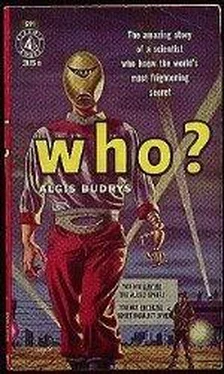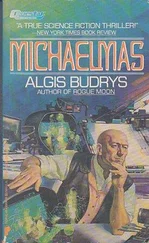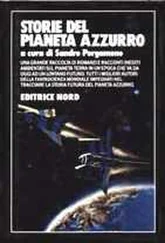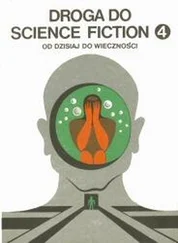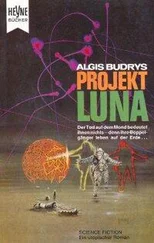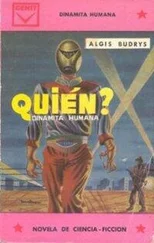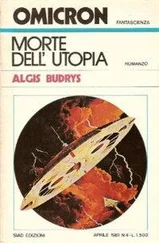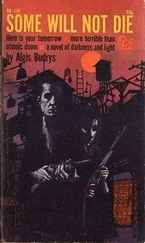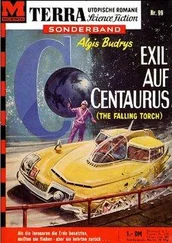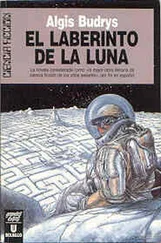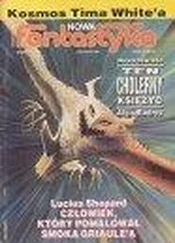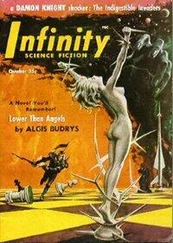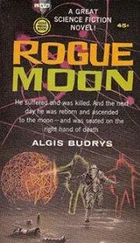It took some little time to convince Central Headquarters, but Azarin felt no impatience. He hammered his plan forward like a man hewing through a tree, steadily and with measured blows, knowing that he has only to swing often enough and the tree must fall.
He hung up, finally, and drained his tea glass in a few gulps. The orderly brought more. Azarin’s eyes crinkled pleasantly at the corners as he thought that once again it had been Anastas Azarin who found solutions while the clerks at Central Headquarters twittered with indecision.
He put his hands on the edge of his desk and unhurriedly pushed himself to his feet. He walked into his outer office. “I am on my way downstairs. You will have the car waiting for me,” he told his chief clerk.
It would take the courier several days to reach Washington with Heywood’s orders, but that part of the system, at least, was foolproof. Heywood would arrive here in a week. Meanwhile, there was no reason to wait for him. The cover plan was functioning automatically as of this moment. The Allieds would find Novoya Moskva much different to deal with, now that Azarin had stiffened some o£ the pliant spines at Central Headquarters. And, in consequence, Azarin would find his telephone much more silent, and much less peremptory.
So. Everything was arranged. By the simple, uneducated peasant, Anastas Azarin. By the dolt who moved his lips when he read. By the tea drinker. By the ignorant man from the dark forest, who worked while Novoya Moskva talked.
Azarin’s eyes twinkled as he came into Martino’s room, stopped, and looked at the man. “We will talk more,” he said. “Now we have plenty of time to find out about the K- Eighty-Eight.” It was the first time he had been able to bring the term out into the open. He saw the man’s body twitch.
The first thing lost under these conditions, Martino discovered, was the sense of time. He was not particularly surprised, since a completely foreign experience could not possibly contain any of the usual cues by which a human being learned his chronology. The room had no windows, and no clocks or calendars. These were the simplest and most obvious lacks. Then, there was no change in his routine. There was no stopping to sit down to a meal, or lying down to rest, and hunger or sleepiness furnish no help when they are constant. This room itself, somewhere in Azarin’s sector headquarters, was so constructed as to offer no signposts. It was rectangular, cast in unpainted cement from floor to ceiling. Martino’s route of passage was from one end to the other, and one of the walls toward which he walked was almost exactly the same as the other, even in such details as the grain of the gray surface. As he walked, he passed between two identical oak desks, facing each other, and each desk had a man in a gray-green uniform behind it. The men contrived to look alike, and a similar door entered the room behind each of them. The light fixture was exactly in the center of the ceiling. Martino had no idea of which door he had originally used to come into the room, or toward which wall he had first marched.As he passed the desks, it was always the man on his right who asked the first question. It might be anything: “What is your middle name?” or “How many inches in a foot?” The questions were meaningless, and no record was kept of his answers. The men behind the desks, who changed shifts at what might have been irregular intervals but who nevertheless always looked somehow alike, did not even care if he answered or not. If he remembered correctly, for some time at the beginning he had not answered. Somewhat later, he had irritatedly taken to giving nonsense replies: “Newton,” or “eight.” But now it was much less exhausting to simply tell the truth.
He knew what was happening to him. In the end, the brain in effect began manufacturing its own truth drugs in self defense against the fatigue poisons that were flooding it. The equation was: Correct replies = relief. There was none of the saving adrenaline of pain. There was only this walking through a meaningless world.It was that last which was affecting him most strongly.
The men behind the desks paid him no attention. unless he tried to stop walking. The remainder of the time they simply asked their questions, looking not at him but at each other. He suspected they neither knew who he was nor cared why he was here. Lately he had become certain of it. They were practicing their trade on each other, not on him. They used him only because most two-handed games require a ball. It meant nothing to them when he began giving correct answers, because they were not here to pass judgment on his answers.He knew they were here simply to soften him up, and that eventually Azarin would take over.
But meanwhile he felt a mounting, querulous sense of terrible injustice. He was near to pouting as he walked. He knew why that was, too. His brain, after all, had solved the problem. He was fulfilling the equation — he was doing what they wanted him to. He was giving correct answers, and by all that was reasonable, they ought to respond by giving him relief. But they ignored him; they showed no sign of understanding that he was doing what they wanted. And if he was doing what they wanted, and they ignored him, the brain could only decide that somehow it was not transmitting its signals through his actions to them. If there had been only one of them, the brain could have decided that one was deaf and blind, reciting his questions by idiotic rote. But there were two of them, always, and there must be a dozen in all. So the brain could only decide that it was he who was incapable of making himself heard — that it was Lucas Martino who was nothing.
At the same time, he knew what was happening to him.
Azarin sat patiently behind his desk, waiting for word to come from the interrogation room. It was three days, now, since Martino had been brought from the hospital, and Azarin knew, as a man knows his trade, that the word would come sometime today. It was quite a simple business, Azarin thought. One took a man and peeled things away from him — more vital things than skin, though he had seen that technique work at the hands of men who had not learned the subtler phases of their trade. In effect, it was much the same, though the result was cleaner.
A man carries very little excess baggage in his head. Even a clerk, and a man like Martino was not a clerk. The more intelligent the man, the less excess baggage and the quicker the results. For once you exposed the man underneath, he was raw and tender — a touch here and there, and he gave up what he knew.Of course, having done that and knowing he had done that, the man was empty thereafter. He had found himself to be pliable, and after that anyone could use him — could do anything he wanted with him. He bore the mark of whoever touched him last. He did what you wanted of him. He was a living nothing.Ordinarily, Azarin drew only a normal measure of satisfaction from having done this to a man while he himself remained, forever and imperishable, Anastas Azarin. But in this case — Azarin growled at something invisible across the room.
Eddie Bates was a sleeper. He was a wiry, flat-bellied, ugly man with a face that had been grotesquely scarred by acne. His youth had been miserable, for all that he faithfully lifted weights a half-hour every day in his bedroom. Toward the end of his teens he had spent six months in a reformatory for assault and battery. It should have been assault with intent to kill, but only Eddie knew how far he had planned to go when he first began hitting the other boy — a flashily good-looking youngster who had made a remark about a girl Eddie never had found the courage to speak to.When he was twenty, he found a job in a garage.
Читать дальше
